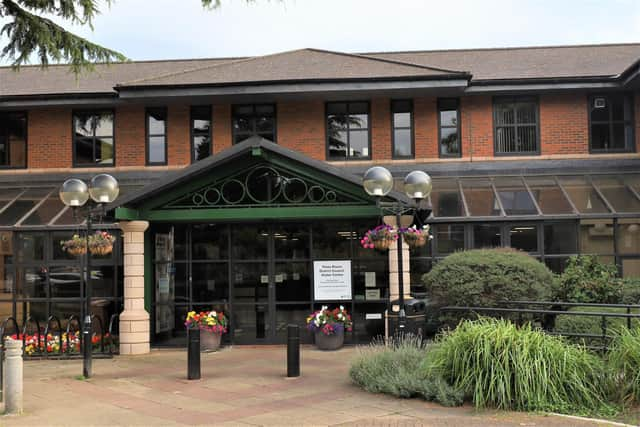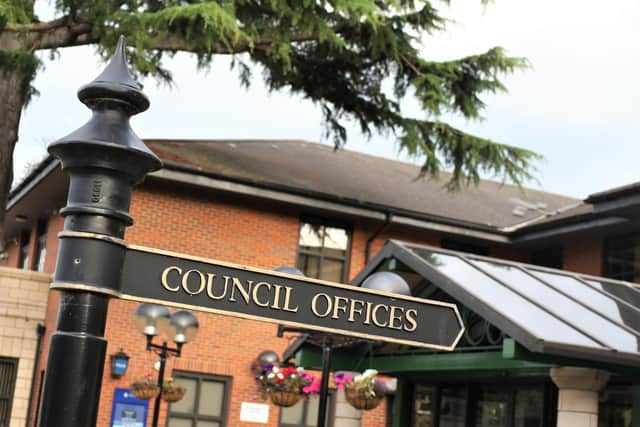New data shows Hertfordshire residents are among the best recyclers in the country
and live on Freeview channel 276
Hertfordshire is home to some of the nation’s best recyclers, according to official statistics released at the end of January.
Three Rivers District Council sent 61.5 per cent of the waste it collects at the kerbside for reuse, recycling or composting across 2022/23 – the second-highest recycling rate in England.
Advertisement
Hide AdAdvertisement
Hide AdIt is one of five Hertfordshire boroughs and districts that directed more than half of its household waste into the circular economy.


“We facilitate waste collections by making it as easy as we can to recycle, but we are grateful for how much our residents support us,” said Councillor Sarah Nelmes, leader of Three Rivers District Council, which is based in Rickmansworth.
The Liberal Democrat councillor added: “The credit is to our amazing residents who understand how important recycling is to the environment and economy, and to our hardworking staff who work tirelessly.
“To set the bar in the future and raise it, what we will do is continue our education pieces.
Advertisement
Hide AdAdvertisement
Hide Ad“We have been working hard recently on wasted food, because wasted food is not just that – wasted – it is very expensive for residents if they are buying more than they need.”


Three Rivers District Council missed out on a top spot nationally to South Oxfordshire District Council, which sent 61.6 per cent of its rubbish for reuse, recycling and composting.
Vale of White Horse District Council, also in Oxfordshire, took third place with a rate of 60.9 per cent.
St Albans City and District Council took fourth place (60.1 per cent).
Advertisement
Hide AdAdvertisement
Hide AdOther top performing authorities in Hertfordshire were North Herts Council (55.2 per cent), Dacorum Borough Council (50.5) and Watford (50.2).
The Department for Environment, Food and Rural Affairs named Stevenage Borough Council Hertfordshire’s worst performer at 37 per cent, with nearby Luton Borough Council the East of England’s worst at 24.9 per cent.
Three Rivers District Council collected an average 340kg of waste per person in 2022/23 – about the same as four average-sized British men.
A total 20,311 tonnes was taken from the district for recycling, reuse and compost, a figure which includes not only kerbside collections but other rounds.
Advertisement
Hide AdAdvertisement
Hide AdBut 14,352 tonnes did not go back into the circular economy.
Hertfordshire County Council is the area’s disposal authority, which is responsible for taking rubbish to its final destination where it can be landfilled, burnt, composted or used to make new products.
It was the region’s best performing disposal authority, with 51.2 per cent of the household waste it gets rid of going for reuse, recycling or composting.
Conservative councillor Eric Buckmaster said: “We are all working hard to achieve more for our residents – across the Hertfordshire Waste Partnership.
Advertisement
Hide AdAdvertisement
Hide Ad“Transferring food waste to its final destination for composting uses energy, but food production is also quite energy intensive, so it is important to reduce the amount of food which isn’t eaten for a number of different reasons.
“We are hoping that almost none of our waste will go to landfill as part of our new contracts. The vast majority of residual black bag waste will go towards energy recovery instead.”
